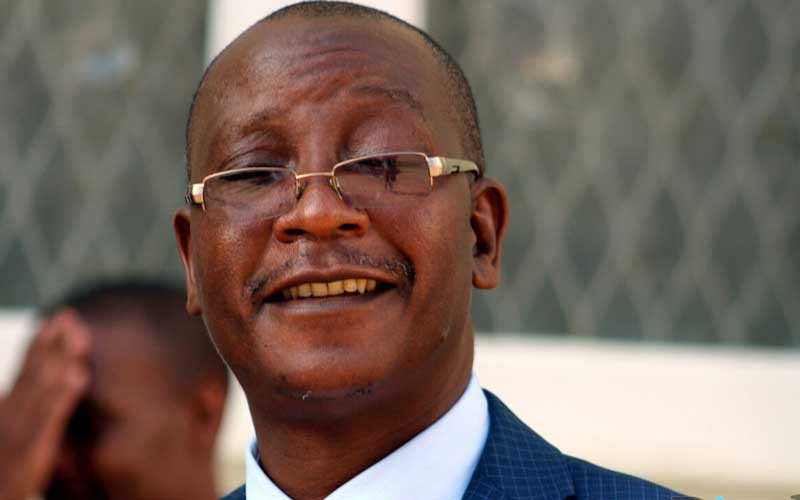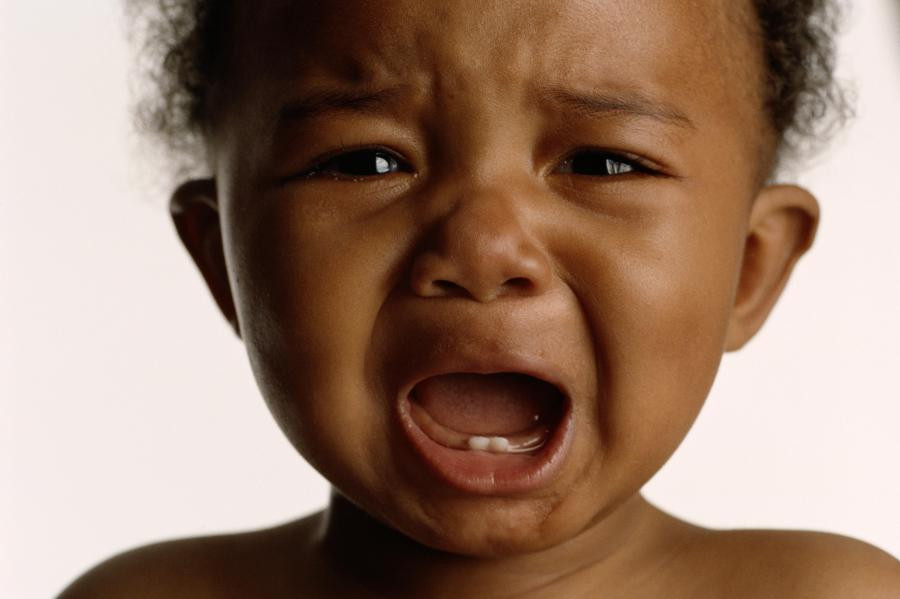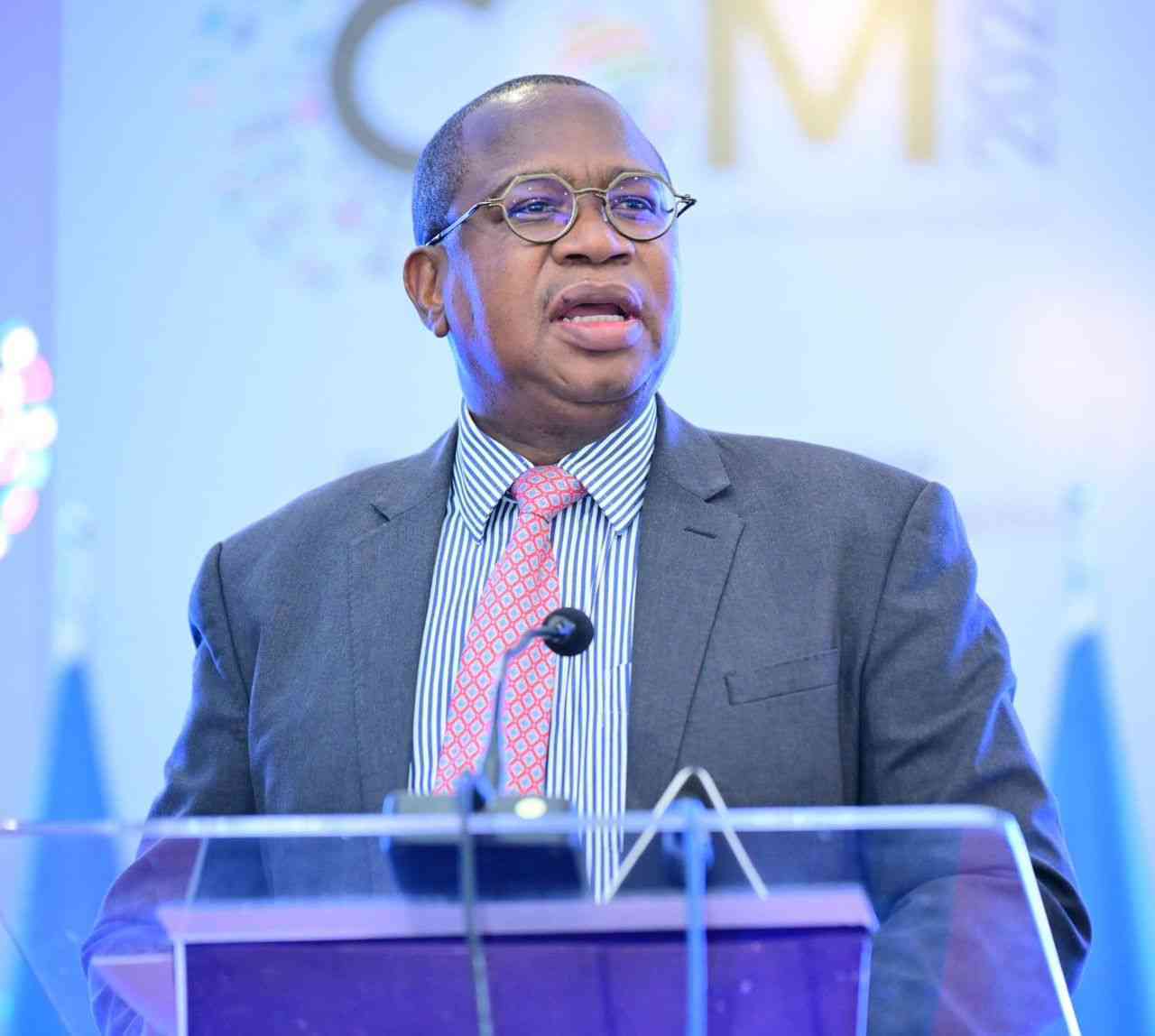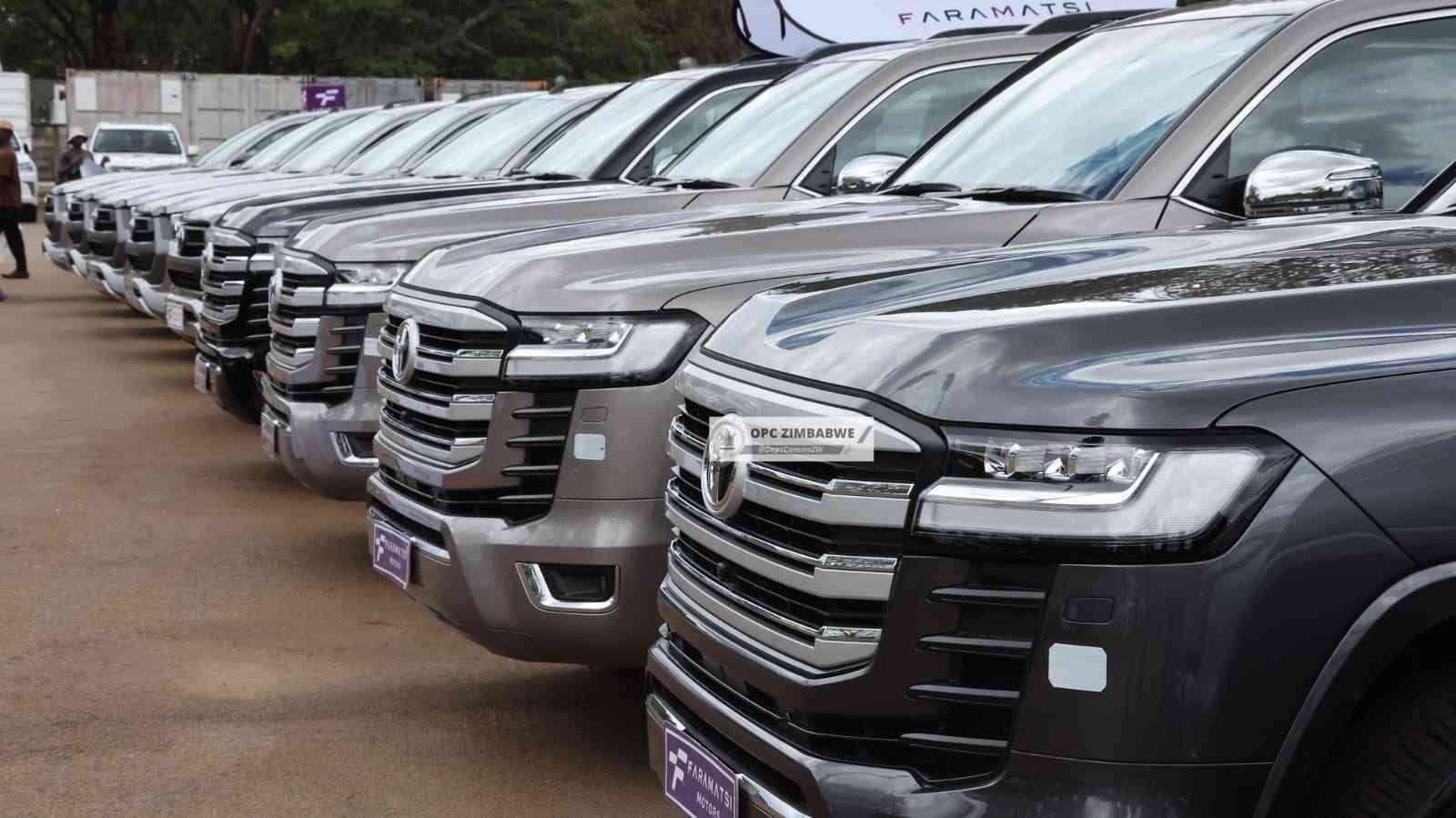
The undersigned organisations urge the government of Zimbabwe to desist from targeting and negatively profiling civil society organisations, which provide invaluable services and support to the people of Zimbabwe and play a vital role in ensuring good governance in the country.
Stigmatising civil society organisations for carrying out their watchdog role is a dangerous step towards closing civic space, which is of the utmost importance in a democratic State.
During the 73rd Ordinary Session of the African Commission on Human and Peoples’ Rights in Banjul, The Gambia, state representatives from Zimbabwe maligned and stigmatised civil society organisations and their work.
In particular, they made disparaging comments in response to a statement by International Services for Human Rights, Defend Defenders as well as Zimbabwe Lawyers of Human Rights (ZLHR) highlighting the well-documented human rights situation in the country, including concerns on the controversial Private Voluntary Organizations (PVO) Amendment Bill.
Such attacks against civil society actors violate the right to freedom of conscience, expression, association protected by the Zimbabwean constitution, as well as international law.
Under the Mnangagwa-led government, Zimbabwe has continued down the dangerous path towards total closure of civic space.
The state has engaged in repressive attacks on activists, journalists, human rights defenders and critical voices from all sections of society.
Civil society organisations have decried the worrying trend of arbitrary arrests and detention; judicial capture and intimidation, as well as other forms of repression aimed at stifling dissent and causing a chilling effect.
- Combating corruption in public procurement
- Zim must stop targeting civil society organisations
- Rights groups launch constitutional literacy book
- Absence of Nec for media industry violates labour rights of journalists
Keep Reading
The use of lethal force to repress protests has led to multiple deaths and life altering injuries. In 2018, the military opened fire on individuals participating in the post elections protest killing at least six people and injuring many others. Similarly about 17 people were killed by live ammunition when the security forces attacked protesters during the fuel hike protests in January 2019.
The families of the deceased have not been compensated for the loss of their loved ones.
These violations garnered global attention culminating in the #ZimbabweanLivesMatter protests in July 2020.
The protests were triggered by the government’s lethal attack on protesters calling for the release of journalist Hopewell Chin’ono who was arrested for exposing corruption in the management of coronavirus (Covid-19) funds by the government.
Activists and other human rights defenders including Tsitsi Dangarembga continue to face reprisals and judicial persecution for participating in the protest, with the latter convicted and sentenced by the courts on spurious charges.
As part of the crackdown on civic space, the government introduced the PVO Amendment Bill which confers unfettered discretionary powers on the executive arm of government to overregulate and interfere in non-government organizations’ governance and operations.
Civil society organisations have expressed their concerns over the PVO Amendment Bill’s contravention of national, regional, and international standards of freedom of association, expression and assembly.
Back in December 2021, four UN Special Rapporteurs sent a joint communication to President Emmerson Mnangagwa emphasising that the Bill granted unchecked discretion to the government to target, deregister, and ban organisations and not compliant with Zimbabwe’s treaty obligations as articulated in the International Covenant on Civil and Political Rights.
While the controversial bill continues to be considered, the government has sustained its attacks on civil society organisations.
Staffers of Transparency International, National Association of Youth Organisations and the Institute for Women Development have been arrested at different times during their meetings.
The government has also arrested officers of the Zimbabwe Elections Support Network during a voters’ education event in Mbare.
In addition to utilising legislation to restrict civil society, government officials have maintained a narrative that non-governmental and civil society organisations, especially those critical of government actions, should not exist in Zimbabwe.
Midlands Provincial Affairs minister Larry Mavima minimised the importance of NGOs, stating that they are no longer necessary in Zimbabwe and therefore should relocate to Ukraine - a war zone, if they are unhappy with the PVO Amendment Bill.
Justice ministry secretary Virginia Mabhiza labelled organisations speaking out against the PVO Amendment Bill as “rogue” and Zimbabwe African National Union Patriotic Front (Zanu PF) spokesperson, Christopher Mutsvangwa, accused organisations operating in Zimbabwe of being “puppets of the West with a goal to soil the country’s image in a bid to effect regime change.”
Mutsvangwa further stated that NGOs are “fighting for the post-colonial order of the West” and should not be listened to. Moreover, he referred to NGOs as “false prophets” and “witches of the night.”
These narratives are incendiary and capable of fomenting prejudice against civil society organisations, especially in the lead up to a contentious 2023 general election.
Stigmatising statements against those defending human rights, particularly by high ranking officials in a context of high intolerance for peaceful dissent, de-legitimises the work of human rights groups, closes the needed civic space for them to exercise their right to free expression and association, and could put their lives at risk.
This labelling of civil society organisations is also tantamount to hate speech which has been described by the United Nations as any kind of communication in speech writing or behaviour that attacks, uses pejorative or discriminatory language with reference to a person or group on basis of who they are.
The undersigned organisations, therefore, requests that:
The government of Zimbabwe stops disparaging civil society organisations and ensures that CSOs can fully and independently operate throughout the country in accordance with the Constitution and international law.
The judiciary in Zimbabwe jealously guards its independence and fulfils its constitutional mandate and protects the fundamental rights and freedoms of civil society activists and human rights defenders in cases before it.
The African Commission on Human and Peoples’ Rights and other intergovernmental bodies must take steps to guarantee greater respect and protection for civil society organisations including by condemning the use of inflammatory language by state parties during their sessions.
Allies of Zimbabwe within and outside Africa should continue to put pressure on Mnangagwa and other state officials to jettison the worrying sections of the PVO Amendment Bill, reflect the alternatives presented by civil society, and promote a thriving civic space within the country.










